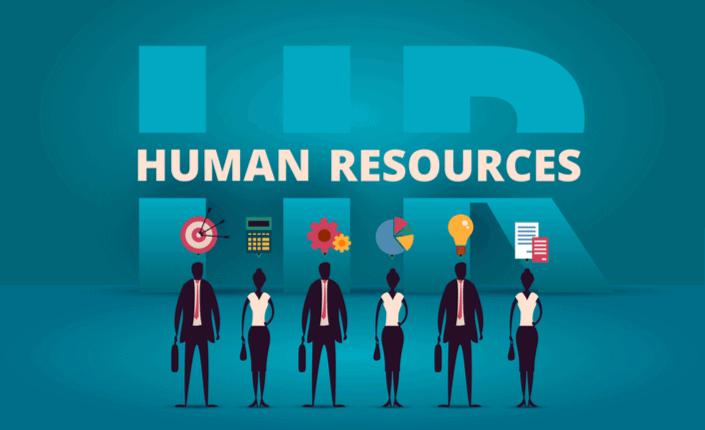
This article was written and published in Spanish and has been translated into English via Google Translate. Click here to read the original article.
On October 16, the seventh edition of HR Afterwork was held in Barcelona, an event that has established itself as the alternative meeting point for human resources professionals.
The meeting brought together more than 100 professionals from the Human Resources area of large companies such as Accenture, Inditex, Mediapro, Mercedes-Benz, Danone, AXA, or Sony Electronics, among others, as well as medium-sized companies, startups and other key agents of the HR community. Under the title "HR versus Business: Challenges, data analysis and return on investment", the role of HR in the business and how to value its strategic position in companies in the whirlwind of digital transformation was discussed.
The event featured a round table composed by Aitor Tena, Deputy Director of HR & Organization for Volkswagen Financial Services Spain; Field Analyst Leader for General Electric, Marta Gascón, expert in People Analytics and currently CEO of Personkpi; and the Corporate Manager of Human Resources of CIRSA, Juan Barberan, recognized expert in the field of Labor Relations.
The marketing expert for Human Resources and co-founder of the initiative, David Garrote, moderated the debate and explained:
"In this edition, HR Afterwork aims to go beyond being a space to share knowledge and good practices within the framework of a network. Likewise, under the concept of “HR versus Business” we will try, for a couple of hours, to mix all the necessary ingredients to be able to make a deep self-criticism as a collective. Human Resources will face risks in the next few years, and there are not enough spaces being created to discuss it."
In this sense Tena affirmed, "HR must gain Reputation and credibility within the companies. If you are not able to occupy a strategic position beyond the moments of crisis, you are destined to disappear."
For his part, Barberán pointed out that "HR is a very young profession that we all have to evolve to stop being those who only pay the payroll or the essential ones in times of crisis to manage layoffs. We need to objectify our day to day and talk the same language as our CEOs. With this, we will be able to approach the strategy and the decision making of the business."
To do this, "establishing KPIs and measuring our work must become part of our strategy," Gascón explained. "We can all measure the results of what we do in HR, we all have the data to do it and we have a golden opportunity to add value there. We cannot forget that the focus of the organization is on People Management."
Like any other area, HR must gain visibility and value, since its agenda is strategic for companies. Layoffs, recruitment, job flexibility or performance management, among others, are some of the focuses in which it should be establishing and how organizations should address the challenges facing the new paradigms of the digital revolution.
In a survey of the attendees at the conference, it was shown that more than 50% already work regularly or starting with data-based work models, and only 15% stated that data analysis was not a priority for their area. Along these lines, 70% of the attendees confirmed that they still do not measure the return on investment, although 47% did consider that in their HR companies they were not seen as an internal service provider and held a strategic and leadership position.
This article was written and published in Spanish and has been translated into English via Google Translate. Click here to read the original article.
Join us November 12-15 for the Property Portal Watch Conference Madrid 2019.